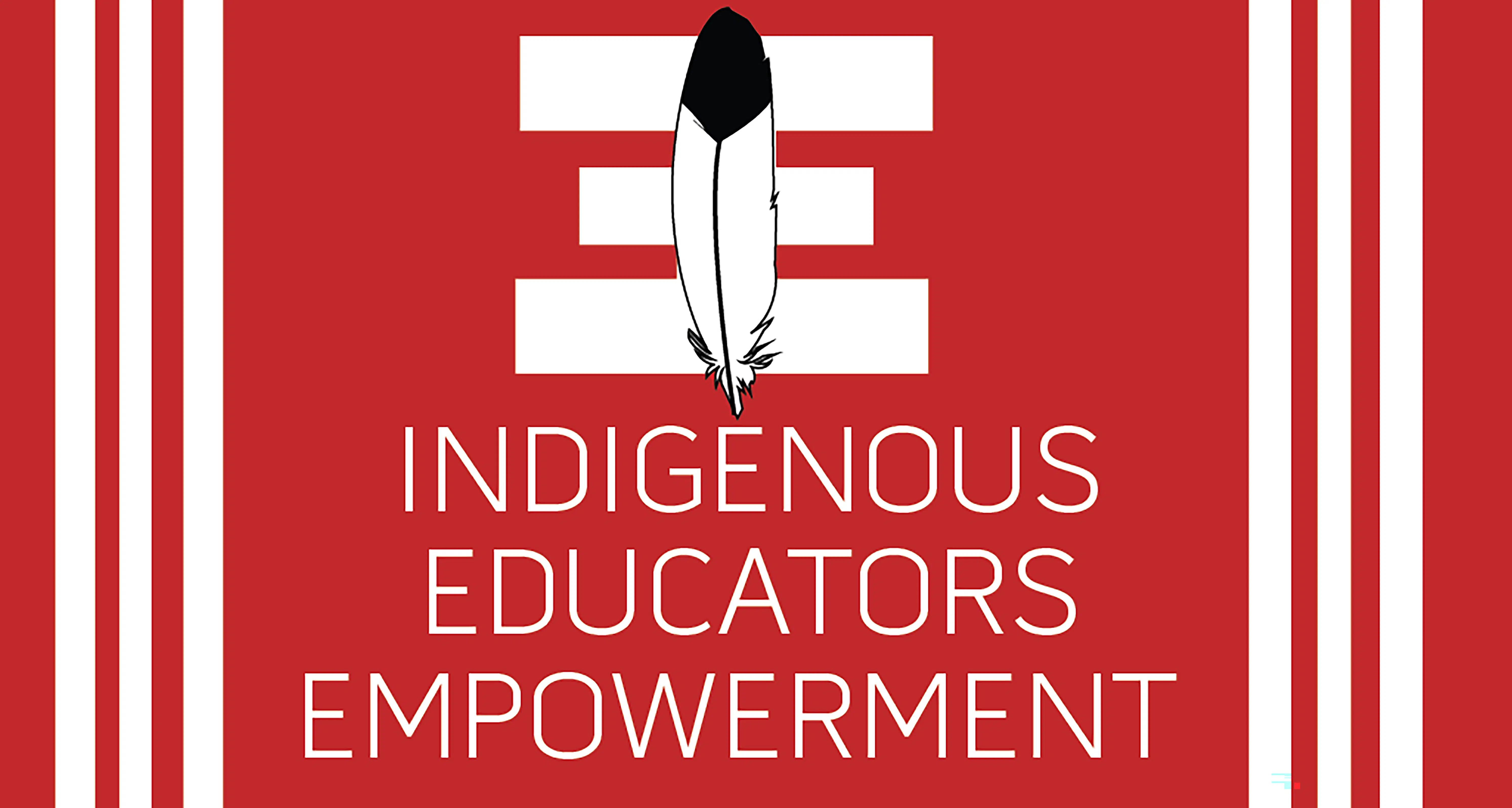Indigenous Educators Empowerment (IEE)
Indigenous Educators Empowerment (IEE) is a 501(c)3 non-profit organization in Nevada that provides solutions to address the widening achievement gap for Native American children. We will accomplish this by:
- Advocating for timely, reliable, and accurate student achievement data in order to empower Indigenous community decision-making that supports academic success.
- Create high quality and engaging educator professional development through a lens of Indigenous culturally sustaining/relevant pedagogies.
- Develop a framework for recruiting and retaining highly effective Indigenous teacher programming.
- Improve current K-12 curriculum that includes an accurate and modern Indigenous perspective.
- Promote anti-racism.
- Advocate for change of systemic inequities for Indigenous students.
- Support a transition from Nevada Indigenous language preservation to language revitalization.
IEE acknowledges the current education system has failed our Indigenous students for far too long.
IEE advocates for change. Our organization seeks support of Nevada Indian Education initiatives that effectively engage our students. As Indigenous students, parents, or community members navigating the current educational system alone is not possible. We are here to support you. Our work begins engaging in those hard conversations with our local, state, and national educational leaders, politicians, and stakeholders.
Indigenous K-12 Student Achievement Data
IEE has developed a framework for data sharing resources that tribal governments can use to effectively support and maintain K-12 student achievement. No defined structure exists for tribal education departments to quickly acquire vital short and long term achievement data including grades, discipline, attendance, and state and national test results (SBAC, MAP, ACT).
Once this framework is established Nevada tribes will be able to fully realize their educational sovereignty rights potential. This will require effective professional development to understand how to interpret and implement services that must include all stakeholders.
A Culturally Responsive and Sustaining Pedagogy
Our design is simple. In-service professional development covering historical and cultural trauma training for our teachers working with high native student populations has prepared teachers, both elementary and jh/hs to value the importance of the Indigenous perspective and have empathy in regard to disparities commonly found in tribal communities.
Existing culturally relevant curriculum is hit and miss, or not existent, district and statewide. There is much work that needs to be done in the state of Nevada to address such an important topic.
We refuse to focus on the negative disparities and perpetuating stereotypes and labels that result in low expectations for academic success of Indigenous children.
A community-centered curriculum does just that: Empowering local leaders and educators the opportunity to collaborate for the benefit of improved achievement
Indigenous Teacher Recruitment and Retention Programming
Our Native students must see more of themselves represented in the classroom. Recruitment and retention of highly qualified, culturally responsive Native teachers and administrators programming must be implemented.
Accurate and Modern Indigenous Perspective in Nevada K-12 Curriculum
Our Great Basin Tribes culture is not written. Traditionally, none of our ways is written. Everything has been passed down orally since time immemorial. Our stories, our teachings, our language, has always been spoken, not written. Some educators and curriculum experts see that as a problem. We see it as an opportunity. It is an opportunity to engage with our Nevada tribal community stakeholders. Culturally responsive curriculum design frameworks, through an Indigenous lens, have been developed and are proving effective. You’ve heard of Indigenous language revitalization? Revitalizing an Indigenous language that has suffered due to colonialism. Indigenous Pedagogical Revitalization is a framework that seeks to reclaim and revitalize our oral histories that have been disrupted and displaced by colonization. There are fantastic educators here in Nevada who are prepared to put in the time and effort to design lessons, units, and curriculum that truly represents our Great Basin Tribes accurately with their voice. The framework we advocate does not promote “googling” Las Vegas Paiute history, or Who is Wovoka. Indigenous Pedagogical Revitalization promotes a tribal community-based accountability. The needs of the tribal community are incorporated into the curriculum, as defined by the community. This requires a collaboration between educators and tribal communities which may be viewed as the truest expression of Indigenous sovereignty.
Language Revitalization
The National Indian Education Association (NIEA), in their most recent appropriation priorities to the US Congress, state, “Native students are more likely to thrive in environments that align with their language and culture.”
In the context of Educational Sovereignty, this quote lends significance, “Culturally based, culturally relevant, culturally responsive schooling are affirmations of tribal sovereignty and most effective in supporting AI/AN academic success.” (Castagno & Brayboy, 2008; Lomawaima & McCarty, 2006; McCary & Lee, 2014).
With all of this in mind, in reviewing the most recent Nevada state testing data available at Nevadareportcard.nv.gov, All eligible American Indian/Alaska Native students in Nevada for the 2018-19 school year when compared to other ethnic groups proficient in ELA and Math show one in three AI/AK students are grade proficient in ELA and only one in four test-eligible AI/AK are grade proficient in Math.

